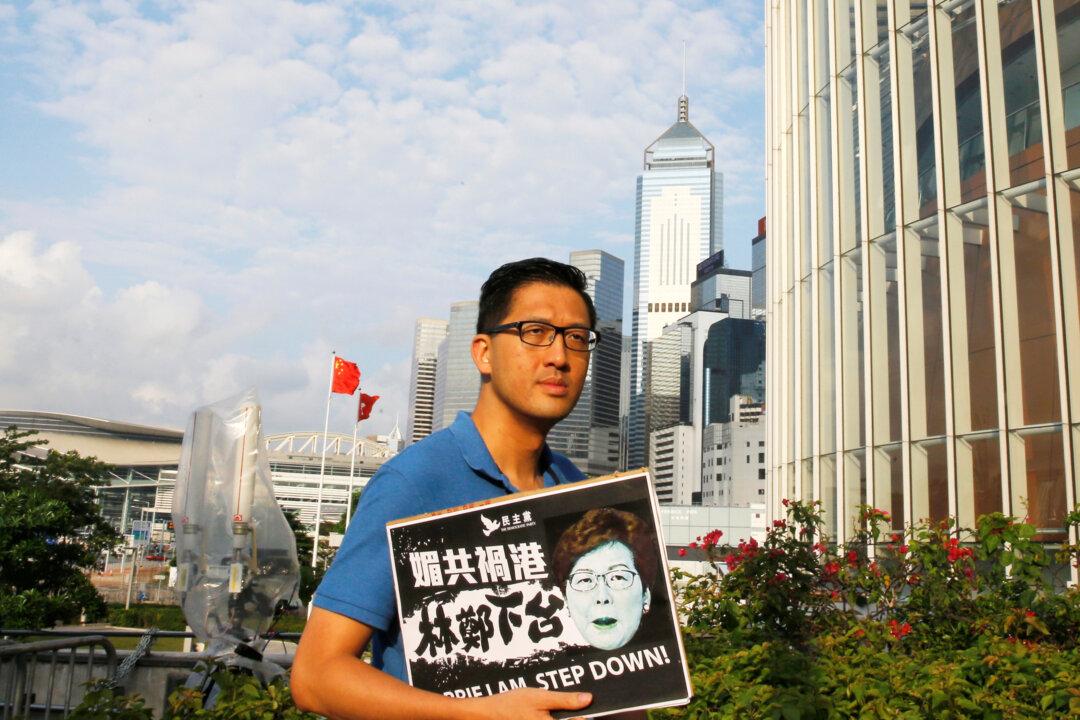Lam Cheuk-ting, a former lawmaker of the Hong Kong Democratic Party, was arrested by Hong Kong’s anti-corruption agency for allegedly disclosing the identity of a police commander under investigation in the “7.21” incident—a violent attack at a local train station that occurred during the anti-extradition bill protests that rocked the city last year.
Lam says that he did not commit a crime and was only investigating suspected collusion between the police and criminal gangs, and accused the anti-corruption agency of becoming a tool for the Chinese communist regime to suppress dissent.




